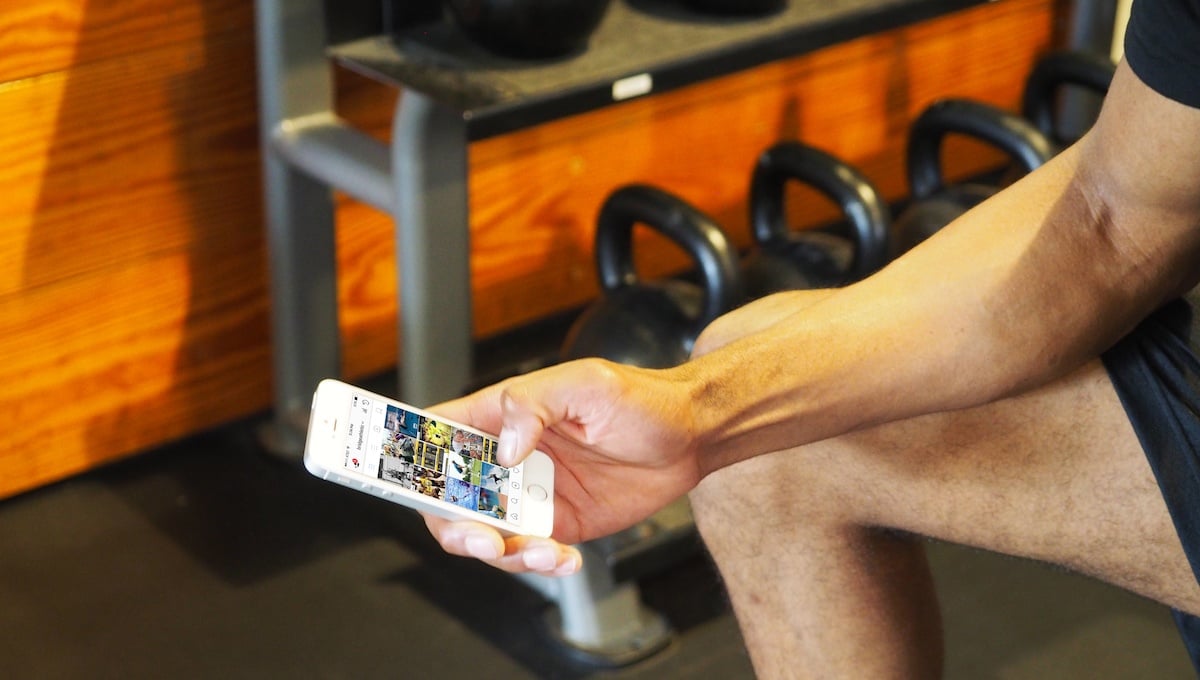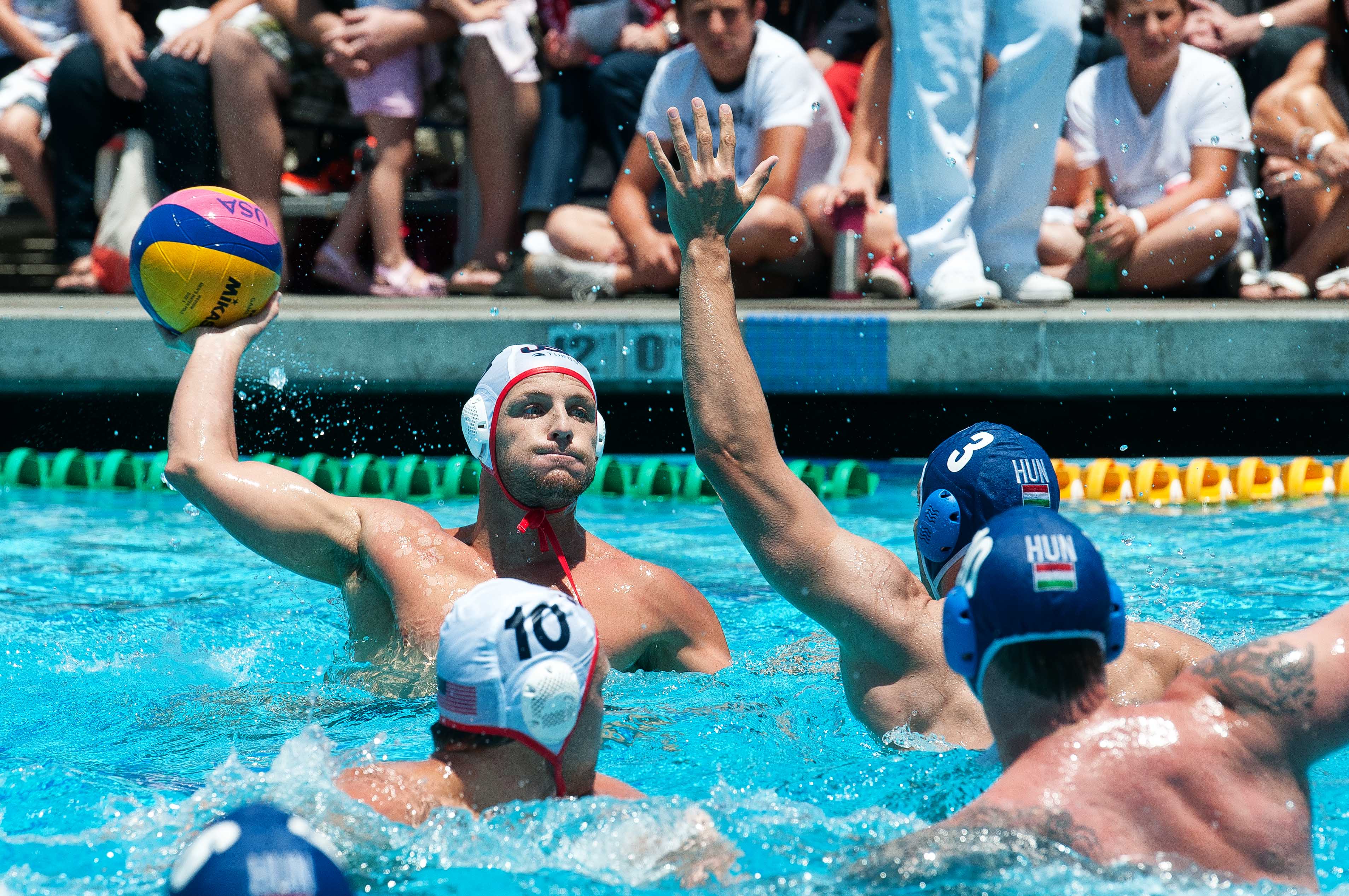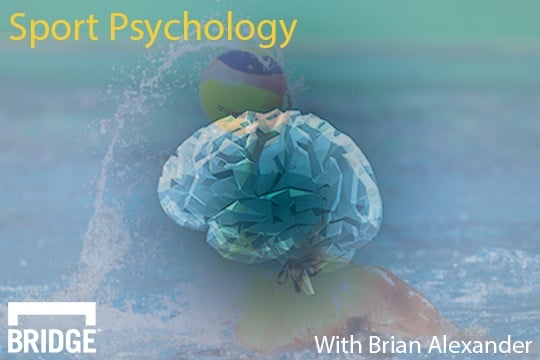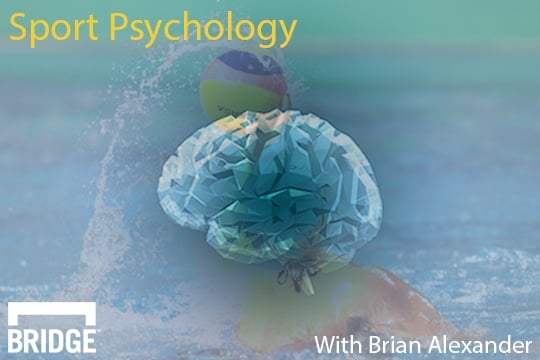The Mental Game: Learn Plan Perform
Brian Alexander is a mental skills coach who combines eight years of experience as an Olympic level water polo athlete, a master's degree in sport psychology, and business leadership training and coaching from The Ken Blanchard Companies to partner with athletes and performers of all ages and levels. "My passion is to empower others to succeed in life, athletics, performance, and daily activities. My personal mission statement is to be a genuine and honest leader who collaborates with and learns from others in order to find a mutual personal level of excellence physically, mentally, and spiritually."
The Mental Game: Learn Plan Perform™
The Learn Plan Perform™ model provides a psychological framework in which athletes can create a clear vision of success and identify areas for improvement along their journey toward peak performance. The incorporation of science supported mental skills techniques within the model validates this approach and its simplicity makes the model actionable. With all mental and physical skills, a systematic approach to practice is essential in order to create new habits and behavior.
The Learn Plan Perform™ model is comprised of three phases:
Learn from the Past phase
The phase of learning from past performance is an exploration of one’s sport and performance history. The objective is to conceptualize one’s ideal level of performance based on what has worked in the past. Elite level athletes with a growth mindset [Read more about Carol Dweck’s Mindset of a Champion] develop their own methods of reflecting on their past performances. An ideal situation to reflect on would be one in which an athlete is re-experiencing success so that they can learn how to repeat it. Using mental imagery and journaling techniques helps an athlete develop a deeper level of situational self-awareness in their sport so that they can ultimately display a self-controlled focus. Ownership over items within the performance reflection is an essential component because once athletes take full responsibility over what they can control, they attribute results to actionable items and become accountable. Learning through reflection and imagery provides the impetus to taking action on one’s performance journey. [Read a sample post-competition reflection]
Plan for the Future phase
Values and goals direct behavior. These are the essence of the plan phase. The conscious level of knowledge gained through learning situation specific self-awareness provides a starting point for an improvement plan. An individual’s values are their core beliefs that drive them either consciously or subconsciously when faced with physiologically- and psychologically-challenging decisions. Through appropriate performance and process goal-setting that is aligned with ones values, athletes can feel confident they will have the ability to execute their plan. [Learn more about aligning values with goal-setting] Planning for the future includes developing competition plans, focus cues, and practicing future-focused imagery practice. An adequate level of preparation for competition builds confidence physically and mentally.
Perform in the Present phase
Performing in the present is all about maximizing each moment during training and competition. Performing mindfully helps quiet the mind and promotes clarity of focus. Allowing the self to be present in the moment of performance is an incredible feeling and promotes a sense of well-being. While it is easy to know that it’s important to be present in a competition, without adequate practice of this skill an athlete will succumb to their habits. Examples of negative psychological habits include worrying about winning or losing, judging oneself or others over mistakes and successes, and even limiting ability because of how one feels that day. When distracting thoughts arise, it is important to acknowledge them as nothing other than just a thought and without labeling them, guide focus back to this moment. Developing a psychological mechanism for a release such as a focal point or cue [More on cue statements] helps athletes navigate the waves of emotion during performance.
When athletes finish a competition or training, the first act should be to just sit and experience it by reflecting on what went well, what didn’t go well, and what they will use to improve. This performance evaluation leads back to the top of the Learn Plan Perform™ model.
Contact info for Brian Alexander:
Website: www.athletementalskillscoach.com
Twitter: @BA_POS_MIND
Facebook: Athlete Mental Skills Coach
LinkedIn: www.linkedin.com/in/brianalexander3
Email: alexander.brian3@gmail.com
About the Author

At Bridge, we are all athletes and coaches first. As athletes, our team has experienced everything from riding the pine on JV, to winning NCAA championships, to competing in the Olympic Games. As coaches, we have helped countless athletes reach their full potential, winning everything from age group section championships to Olympic Gold Medals.
Related Posts

Beating Jet Lag and Nutrition on the...
It is important for athletes to understand how travel during the competition season affects their...

Can Social Media Provide a Competitive...
There are endless forms of technology in today’s tech-savvy world, and social media, in particular,...

Water Polo Leg Strength Progression
There are many different elements that strength coaches must consider when designing water polo and...


